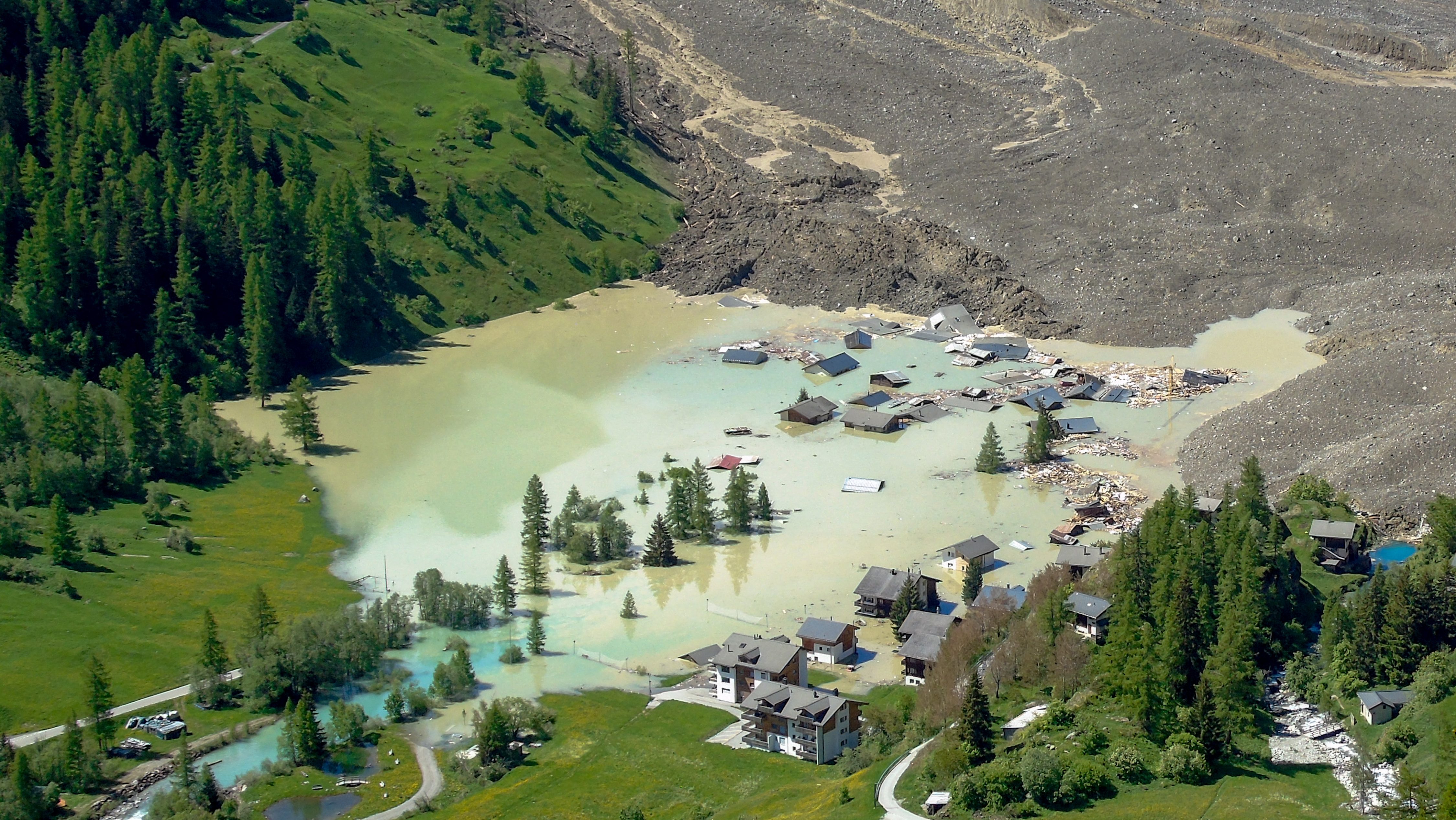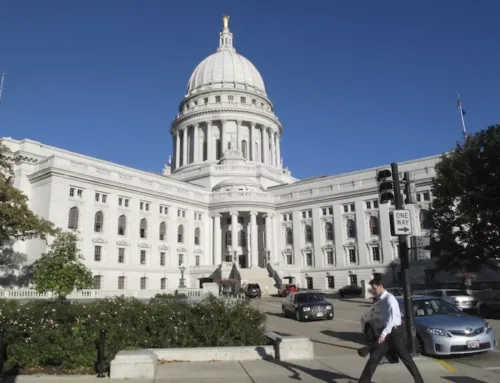Healey shares $2.9B ‘Swiss Army knife’ plan to fund environmental reforms
June 24, 2025

Healey shares $2.9B ‘Swiss Army knife’ plan to fund environmental reforms
Highlights of the bill include funding for upgrades to Department of Conservation and Recreation properties, flood control projects, clean water infrastructure and food security programs.

Massachusetts could pump billions of dollars into climate resilience improvements, land conservation efforts, clean water and more under a policy-heavy borrowing bill Gov. Maura Healey unveiled Tuesday in Braintree.
Flanked by local officials and environmental activists who praised the measure’s wide scope, Healey rolled out a more than $2.9 billion environmental bond bill packed with reforms she and her deputies said would touch topics ranging from wildfires to flooding impacts on home insurance to dams and culverts.
Highlights of the 51-page bill include funding for upgrades to Department of Conservation and Recreation properties, flood control projects, clean water infrastructure and food security programs, as well as policy reforms such as streamlining environmental permitting with an eye toward speeding up housing development.
Healey pitched the proposal as especially necessary at a time when President Donald Trump and Republicans who control Congress are pursuing significant spending cuts.
“We cannot count on the president or Congress to be there to make the investments that we want to see made in Massachusetts, in our communities. They’re, in fact, doing the opposite, and taking away from and undermining important investments on a whole bunch of fronts,” Healey said. “In the face of that, [it’s] all the more important that we take action like the action that we’re taking today.”
Healey’s office rolled out the bill with a detailed set of summaries, outlining its borrowing proposals and several of the most significant policy reforms it envisions.
The five-year bond bill Healey proposed calls for $764 million in borrowing to fund upgrades at Department of Conservation and Recreation properties, $401 million for dams and flood control projects, $315 million for the Municipal Vulnerabilities Preparedness program, and $304.5 million for land stewardship and conservation.
Energy and Environmental Affairs Secretary Rebecca Tepper said about 200 of the state’s 3,000 dams are in “poor condition,” and warned that many of the 25,000 culverts and small bridges sprinkled across Massachusetts “are too small for the kind of rain that we are now getting.”
“This bill gives cities and towns the help they need. It removes old, unsafe dams and replaces broken culverts before disasters hit,” she said.
Other major funding proposals include $505 million for clean water infrastructure and addressing contamination from PFAS, sometimes referred to as forever chemicals due to how long they take to break down, and $125 million for food security programs.
The bill would also launch a “Resilience Revolving Fund” that would provide “low-interest loans to communities so they can invest in resilience projects that reduce risk and protect people and property,” Healey’s office wrote in a summary.
Healey wove some policy changes into the bill, too. Several focus on speeding up permitting involving waterways and environmental reviews, including with removal of MEPA environmental impact report requirements for some housing and natural restoration projects, according to a summary.
“The Mass Ready Act saves people money and jumpstarts housing, culvert repairs and other infrastructure projects by streamlining the permitting process,” Healey said. “That was a charge to our team: streamline those regulations, streamline the permitting. We’ve got a lot to do, and we’ve got to get after it and get it done as quickly as possible.”
More climate news
Another section calls for increased disclosure of past flooding and flood risk to homebuyers.
Steve Long, director of policy and partnerships for The Nature Conservancy in Massachusetts, called the wide-ranging bill “the whole package.”
“This bond [bill] provides the most holistic approach I’ve seen across four environmental bonds that I’ve lobbied on since 2008,” he said. “It’s like a Swiss Army knife that provides multifaceted funding and policy solutions. Mass Ready funding will provide a return on investment that will boost climate resilience by restoring natural systems to reduce heat, prevent flooding and cut community costs.”
Beacon Hill typically approves an environmental bond bill once every several years to authorize state borrowing for near-term projects. Gov. Charlie Baker signed the prior iteration, a $2.4 billion package, in 2018.
However, like other bond bills, not all of the approved dollars actually get deployed because the state faces a lower cap on annual borrowing. The most recent state capital investment plan for fiscal years 2025 through 2029 lists a five-year bond cap of $1.26 billion for energy and environmental affairs.
Search
RECENT PRESS RELEASES
Related Post







